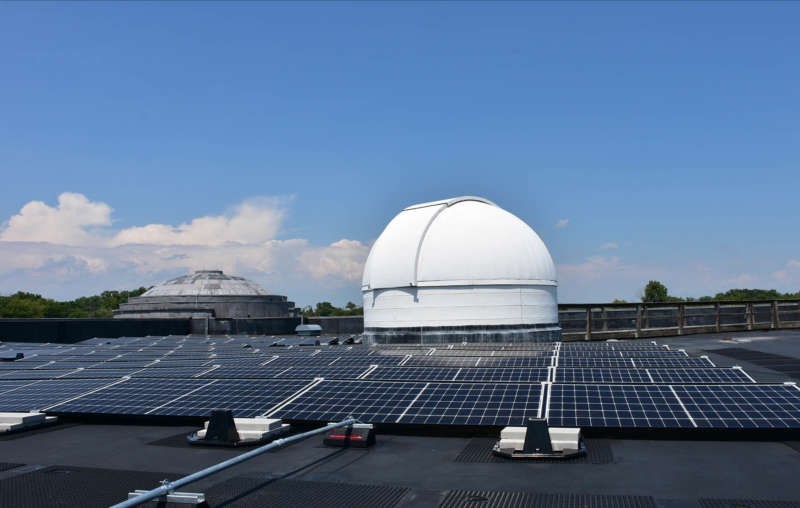Have you ever thought what was happening with the weather lately? Winter is too hot for snow in some regions, wildfires spreading more frequently in others. Some think it is just a way of nature balancing itself out, but most attribute these to made-made climate change.
Around 30 years ago, there was a massive spike in carbon levels in the atmosphere. It was so bad that it made the front page of major newspapers. Dr. James Hansen, then director of NASA’s Institute for Space Studies, implored people to act then before the change got worse.
However, by 2021, many of his recommended changes still haven’t been made. But now, many countries and the United Nations are becoming concerned.
Also, according to a September 2019 World Meteorological Organization (WMO) report, the Earth is at least 1
degree Celsius above preindustrial levels and close to what scientists warn would be “an unacceptable risk.”
With all of these news reports and articles about climate change, what can be done? Well, Shepherd students have some ideas as to help lower the current level of climate change.
One is to stop using fossil fuels entirely. “Stop coal mining, move from gas powered to electric cars, stop using fossil fuels, use solar/wind energy,” said Jami Hartman.
Sikara Sokel said something similar, “I think it is super important to continue cutting down on fossil fuel usage, along with keeping a conversation open.”
Another idea is picking up trash that you see in your daily routines or recycling any products that are recyclable. “Personally, I try to not use plastics, and I am sure to pick up any litter that I see,” said Charlotte Pardue. Xander Strain said, “I try to recycle as much as I can and buy from companies that provide sustainable products.”
When the topic of solar/wind power had been brought up, these individuals got very excited. They have all given a few good points on the matter to consider for the future. Charlotte Pardue said that solar will “create hundreds of jobs.”
“Solar and wind power are both renewable sources of energy and they help reduce the effects of climate change,” said Xander Strain. Along with this statement, Sikara Sokel said, “These are resources that are not going deplete like fossil fuels and oil.” Jami Hartman says that she hopes that this power will “become a reality in my lifetime.”
One popular option is to buy an electric car. However, when asked if they could buy an electric car, all said the same answer: “I am not able to purchase an electric car at this moment.” Yet, they would like to save up their finances to buy one in the future to help the planet.
All expressed their hopes for the next generation. These students said that “they will have more of a voice than any generation before them,” “they [the next generation] will be able to recognize the impact . . . and try to work towards finding ways to reduce climate change.”
Near the end of the discussion, two of the students suggested making large corporations accountable for their actions. Plus, they suggested more pressure be put on corporations to produce less waste and change their policies to be greener. The students added that many corporations have left us with this mess, and now it is everyone’s job to address the climate problems in whatever way possible.

